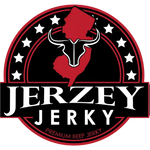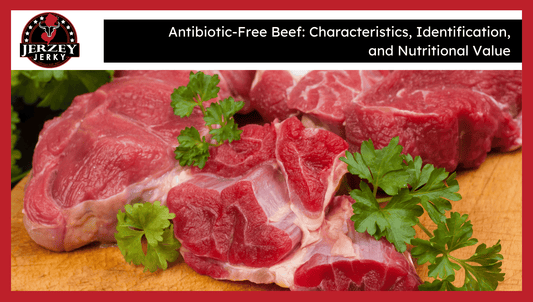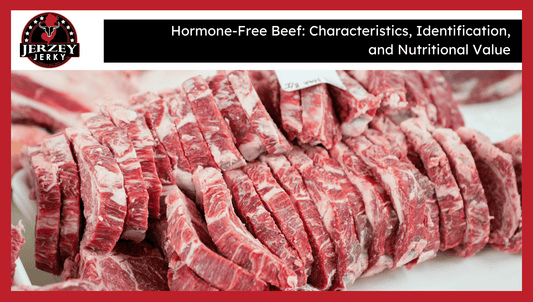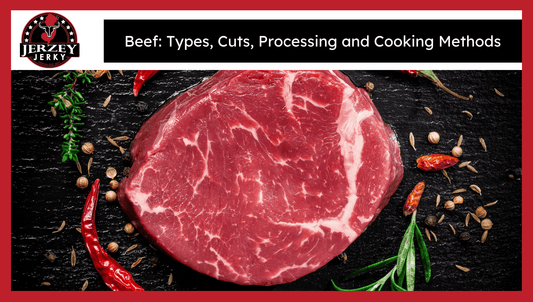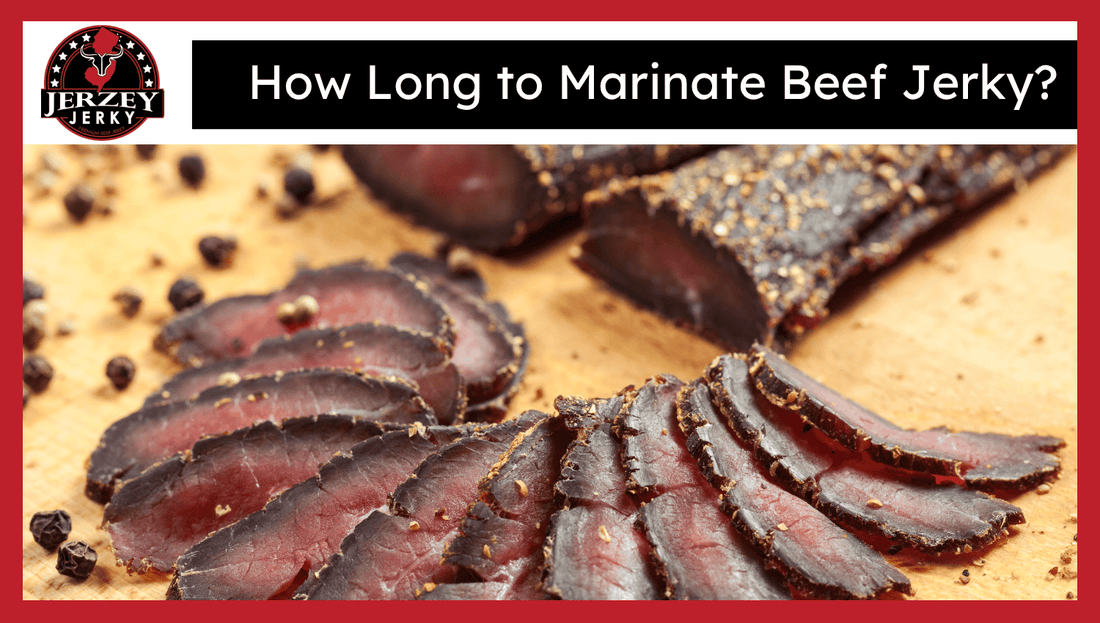
How Long to Marinate Beef Jerky?
The flavor and texture of the meat are enhanced through marination because the ingredients settle deep into the meat. Penn State Extension says that the balance of salt absorption and the retention of spices is achieved by marinating 24 to 6 hours in beef strips 1/4 inch thick.
The flavor gets deeper with time. An investigation by Jiangnan University published in 2020 identified 47 novel volatile compounds released by a 4-h marination of raw beef. They increased mouthfeel and aroma, particularly with lean and tough cuts.
Less tender cuts such as round or flank benefit more from longer marination. Muscle fibers partially break down with a little bit of acidic ingredients, making them tender. When strips are marinated between 16 and 18 hours, the resultant jerky is robust, tough, and flavorful.
Marination for less than 4 hours results in poor taste. Exceeding 24-hour breaks texture and becomes mushy.
How Long Should You Marinate Beef Jerky?
Light infusion or marination of beef requires 4-6 hours. This time duration is short enough to allow selected simple spices and salt to soak without changing the texture of the meat.
Marination of 12-24 hours gives an even flavor and firm meat. The marinade also works in an equal manner to add flavor and make the jerky chewy and structurally sound.
Leave to marinate for 48 hours to go strong with seasoning. Long marination intensifies flavor but threatens to soften the meat because the acids disintegrate the muscle fibers. The monitoring of the texture enables the prevention of mushiness. Lean cuts also prevent softening in longer periods of marination.
What Factors Influence Marination Time for Beef Jerky?
Here are the four main factors that influence marination time for beef jerky:
- Meat Thickness: The thicker the slices of beef, the longer they have to be marinated. It takes faster to soak a 1/4-inch strip than it does thick cuts. This allows a longer time to diffuse more flavors and tenderizing agents throughout the jerky, producing uniform flavor and texture.
- Salt/Sugar thickener: Increased salt or sugar provides faster rates of marinade uptake. Aggressive solutions penetrate further so quickly, boosting flavour more quickly. Nonetheless, excessive salt overwhelms flavour, hence harmonious quantities necessitate extended marination to simmer the seasoning.
- Acidic Ingredients: Proteins are dissolved more quickly with acid use, such as vinegar or lemon juice. They make the muscles tender by tenderizing the meat within minutes. It becomes mushy-textured jerky due to over-softening in extended marination with acids when not checked.
- Temperature: Low temperatures impede the rate of marinade absorption due to lowered chemical reactions. Fridge marinating takes a longer time to allow the flavours and tenderizers to settle. Higher temperatures accelerate reactions but pose a threat to bacterial growth unless controlled.
What Are the Best Marination Practices for Beef Jerky?
Never marinate beef out of the refrigerator. The cool temperatures reduce the growth of bacteria and maintain the safety of the meat during soaking. Marination at room temperature raises the chances of food decomposition and food poisoning.
Use glass, stainless steel, or harmless food-grade plastic containers. Acid marinades do not interact with these materials, maintaining flavor and safety. Use non-metal containers that are corrosion-resistant or tasteless.
Make sure that the beef is deeply marinated or carefully seasoned. Full contact with the liquid equates to balanced flavor absorption and tenderization. Meat that is covered with seasoning leaves some part of it unseasoned.
Refer to the top of the container now and again. This mixes the marinade and avoids developing flavor around a single point as well as fostering the same taste across the strips of jerky.
Can You Marinate Too Long?
Storing beef that has been marinated for more than 48 hours normally causes mushiness. Excessive exposure to salt and acid over-tenders the meat thus making the meat less palatable.
Rapid protein disintegration occurs in meat cooked by acidic marinades. This method changes the structure of the jerky, causing it to lose its firmness and chewiness.
Taste testing allows balancing the time of marination in order to maintain quality. The act of tasting the meat during the soaking process determines the time at which the taste and texture have the appropriate level.
Prevent over-marinating by varying the soaking time according to the strength of a marinade. This method retains the optimal flavour and texture of the jerky.
How to Know Beef Jerky is Ready for Drying
Beef jerky turns pretty dark when it takes up the marinade. This red color indicates that all the flavors have permeated through the meat which means it is ready to be dried up.
The texture is firmer and covered. The strips are less slippery as the marinade sticks to the surface, and it is easy to manipulate. The firmness implies adequate and preliminary tenderization.
There is little liquid left in the conservation container or bag. The majority of the marinade gets absorbed by the meat, and there is not much of it coming out. The balance of this indicates that the jerky has obtained sufficient seasoning and moisture content, thus ready to face the drying process.
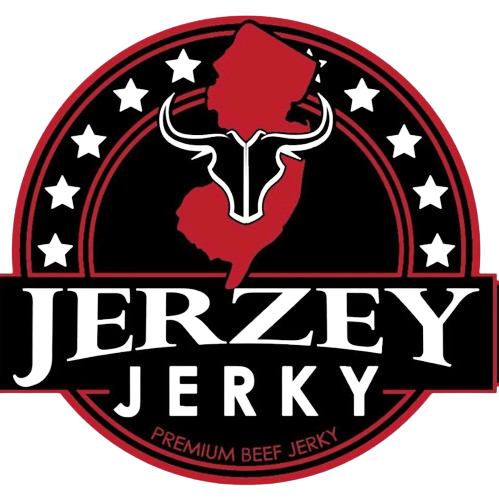
 2025-07-25
2025-07-25
 Wayne Holland
Wayne Holland
